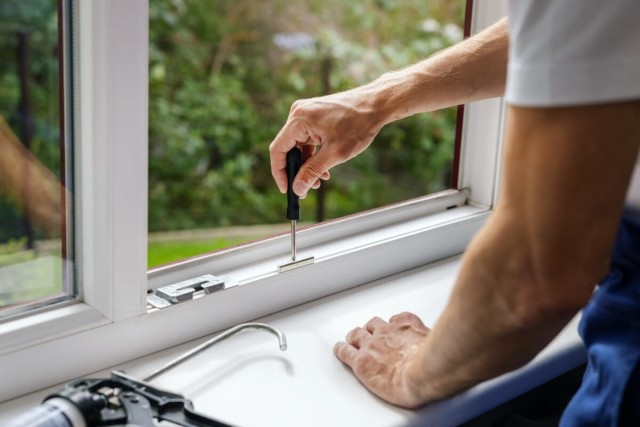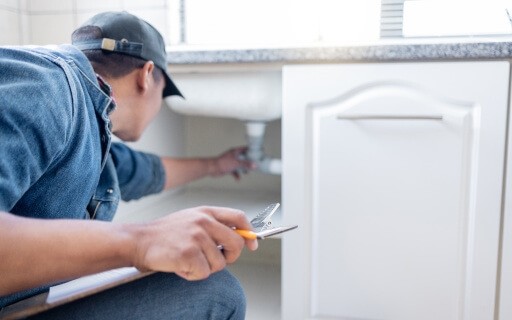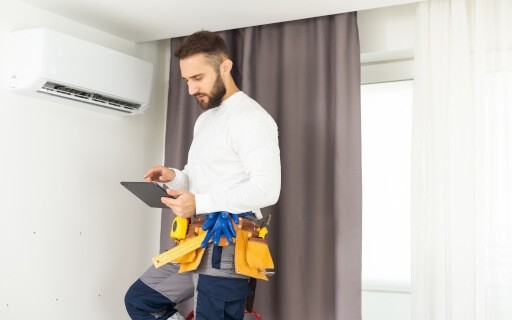You have reasons for wanting to change the lock on your rental property. The question is: is it a legal one?
It may not even be you changing the locks, but rather your own tenant changing the lock on the apartment. If no permission was granted, what do you do in this situation?
Don’t fret! We’ve got answers for you!
Situation #1: The Tenant Has Abandoned the Apartment
Say you’re renting to a tenant whose lease expires in less than 30 days. While delivering the tenant’s move-out inspection checklist to their home, you discover that they’re gone! Like, everything has been completely moved out. The tenant never told you, and never returned the apartment keys. You come to realize that your spare doesn’t work, which means the tenant changed the locks on you.
It’s obvious they’ve moved. Here’s what you should and shouldn’t do when it comes to changing the locks on your tenant:
- What you should do:
Your tenant is probably long gone by now. However, you should contact them to let them know that you’re going to change the locks. Make it clear that if they return prior to the official end of their tenancy, you’ll give them a key so they can enter the home; but it must be returned on the day their lease is officially over. Also notify them if you plan to do any of the following:
- You’re charging them for the lock change.
- You’re changing the lock if you don’t receive a response by a specific date and time that acknowledges the message you left them.
- What you shouldn’t do:
As tempting as it might be, you shouldn’t change the locks before the lease expires without notifying your tenant. You and the tenant are still in a legally-binding contract, and he or she still has the right to access the unit.
When it’s okay for you to change the locks, you may be able to deduct the cost of the new lock set from the tenant’s security deposit. That is, if they fail to return the original one, or if it’s explicitly stated in the lease agreement. Rules vary state to state, so always check your state housing laws.
Situation #2: Dealing with an Uncooperative Tenant
Do you have a tenant that’s in violation of their lease by not paying rent or making a complete mess of your home? While you may be over this renter, you can’t just change the locks without legal eviction.
Changing the locks without going through the proper eviction process is illegal in most states. Your tenant could take legal action against you if they have not been properly served. A formal eviction is the proper way to get someone out of your rental. However, it’s not uncommon to incentivize them with cash to leave – also called the “cash for keys” approach.
Once the tenant has legally moved out, you’re free to change the lock and prepare the unit for the next renter. To avoid problem tenants on the front end, screen your tenants online with Apartments.com. View past evictions, credit reports, or criminal history, and consider asking previous landlords for referral letters. In doing this, you can bypass tenants who display obvious red flags.
Consider This:
If you didn’t have one before, you should add a Lock Policy in your lease agreement. Include language in the policy that prohibits the tenant from changing the locks entirely, unless permission is granted by you and you receive a key.
- Some states make it lawful for tenants to change the locks without needing to provide their landlords a key – so add a Lock Policy if you can legally do so.
Always keep a spare key of your rental in case of an emergency. Repairs to the unit, inspections, etc. are reasons enough to need access to the apartment (after your tenant has received reasonable notice, of course). If you do allow your tenants to change the lock to the unit, make it clear in the lease that they must provide a key for you. If they don’t, it’s a violation of the lease.
Closing Thought:
A tenant might not be changing the locks on you so that you can never enter the apartment. Rather, they might just be doing it for peace of mind. If you want to keep them from doing so, show them that the locks were changed right after the previous tenant moved out. You can do this by showing them a receipt or invoice from the locksmith. That way, they can feel at ease in their new place, and you won’t have to worry about them changing the locks on you!











